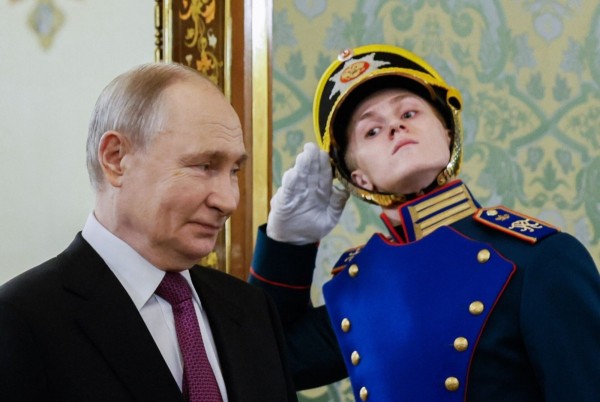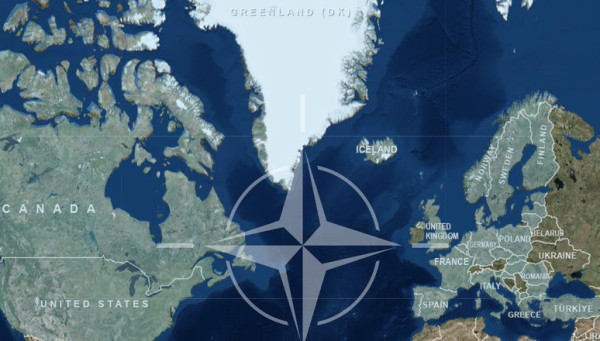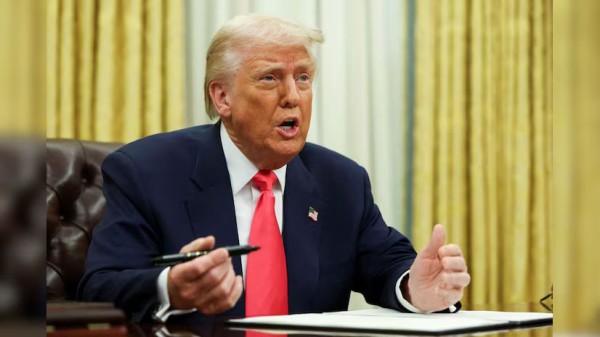All indications are that the Balts will be invited. But that’s just the start. Conditions related to the attainment of democratic values, force preparedness and compatibility with NATO may be placed on each prior to final determination. All ten candidates, the so-called “Vilnius-10,” have been warned not to create any problems for themselves prior to November.
Even after acceptance by NATO, which may be sometime in 2003, the focus will shift from NATO and the governments to the member parliaments, which must ratify changes in the 1949 Washington NATO Treaty. That’s where the U.S. Senate will play a major role. It is likely that the allies will await final action by the Senate before weighing in themselves. Two-thirds of the U.S. Senators, sixty-seven, must vote “aye” before the invitees can breathe easy. A strong backing for a positive vote by the White House will be needed to push the divided Senate toward a completion of the process. At that point, the European parliaments will probably go along. The final results may not be known until sometime in 2004.
JBANC believes that the inclusion of the three Baltic countries in NATO will strengthen the vision of the last three American Presidents for a “Europe whole and free.” A strong, stable and united Europe will be in the vital national security interest of the United States as well as beneficial to Russia and relations with Russia.
We at JBANC strongly endorse President Bush’s Warsaw statement that “all of Europe’s new democracies, from the Baltic to the Black Sea and all that lie between, should have the same chance for security and freedom..” The Administration has said that “the U.S. is determined to complete ‘Project Europe,’” a trans-Atlantic community of free nations finally at peace. We pledge our help for that noble cause.
Advertisement / Reklaam
Advertisement / Reklaam
(The above is a pre-publication copy of the JBANC Chronicle editorial. The Joint Baltic American National Committee, Inc. is a Washington-based organization representing the Estonian American National Council, Inc., the American Latvian Association, Inc., and the Lithuanian American Council, Inc.)




